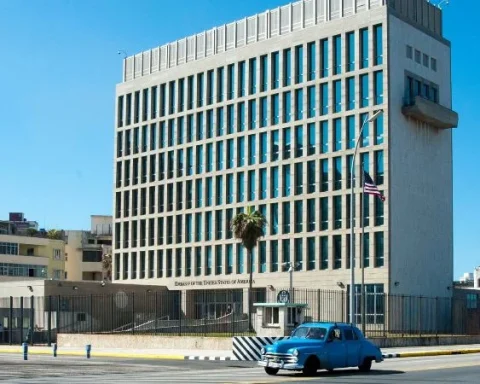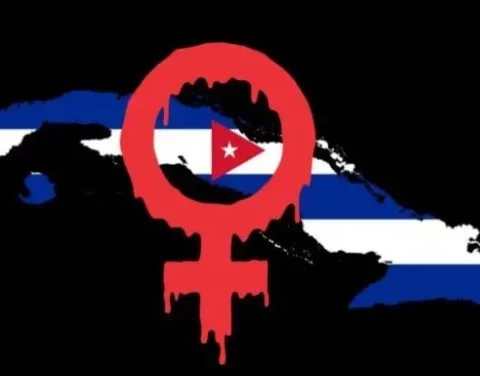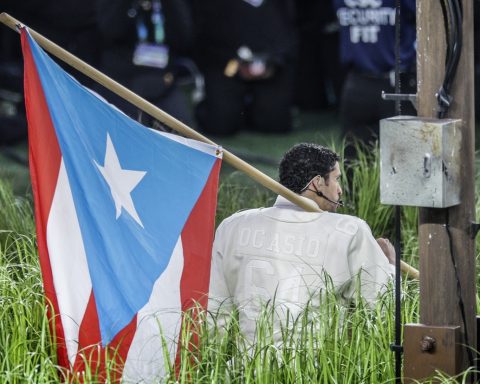In a statement, he pointed out that on January 27 the World Food Program (WFP) and the Food and Agriculture Organization of the United Nations (FAO) published the report entitled Foci of Hunger that shows some early warnings and recommendations on particular social, climatic and economic variables.
These could exacerbate food insecurity in Colombia, Honduras, Ethiopia, Nigeria and Yemen, among 20 other countries worldwide.
“In the Colombian case, the report indicates that political instability, the impact of the Covid-19 pandemic, unemployment, the regional migration crisis, and internal displacement are factors that would aggravate the situation of hunger in the country, so that 7.3 million Colombians would need food assistance this year,” the platform stressed.
He added that the Government quickly expressed its rejection of this report and urged the FAO to remove Colombia from the map of countries at risk and in view of this, the FAO representative here recognized that there were some errors in communication terms for not previously socializing the document with the government for their comments.
In addition, because the map used in the report poorly illustrates the situation in Colombia by not differentiating it from countries with acute food insecurity conditions, he explained.
“However, the foregoing does not mean that Colombia does not present a worrying situation regarding hunger and on which the government must act quickly,” the group warned.
He explained that, according to figures reported by the National Administrative Department of Statistics (DANE) in 2021, national monetary poverty rose 6.8 points and reached 42.5 percent, which means that 21 million people are below the poverty line, while extreme poverty increased 5.5 points and reached 15.1 percent, while unemployment had a rate of 13.7 percent.
For its part, the DANE Social Pulse survey revealed that in 2021, 1.6 million families reduced their diet to just two meals a day; 179 thousand 174 live with one meal and 23 thousand 701 sometimes do not get even a plate of food a day.
Added to this is child malnutrition that last year, according to a report by the Ombudsman, until August 8,545 cases of children under the age of five with acute malnutrition were reported, 38 percent more than in 2020.
The department of La Guajira continues to be the most affected region with 22.6 percent of the cases, even though an Unconstitutional State of Affairs was declared for this department in 2017 due to the massive violation of human rights against the children of the indigenous people. Wayúu in regards to food, health and water.
msm/otf
















